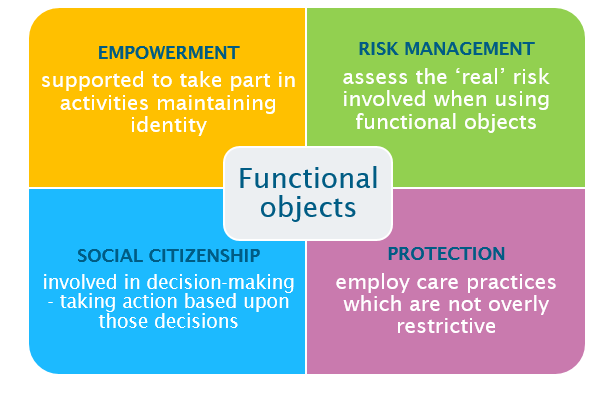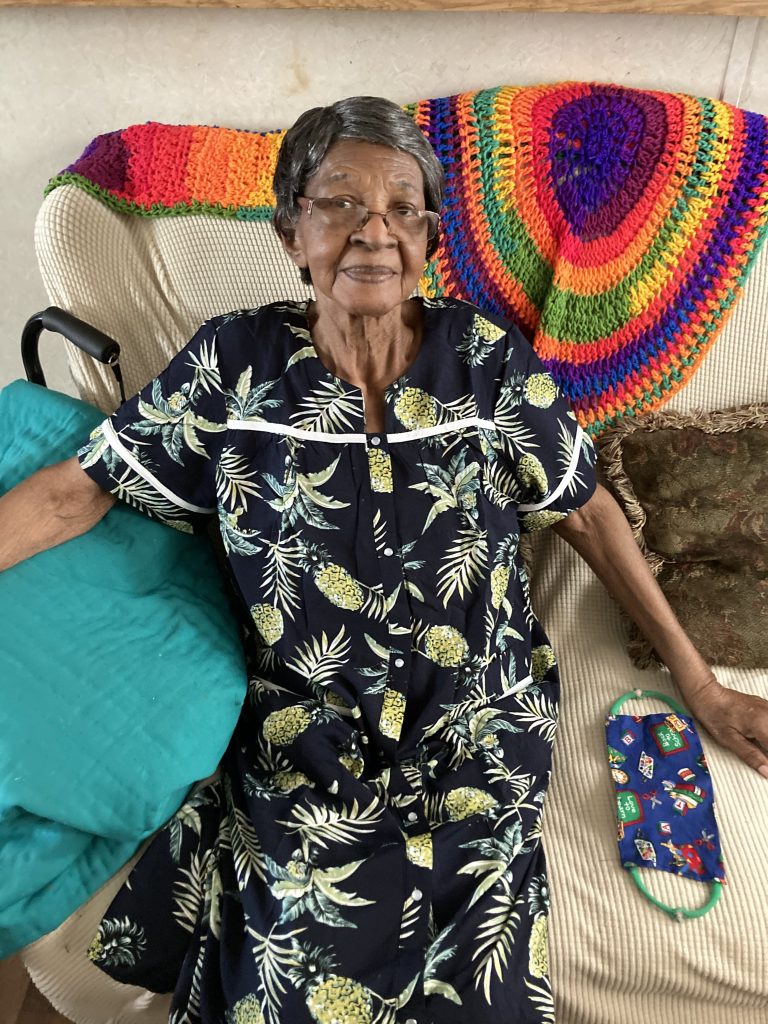I am passionate about conducting applied research that seeks to improve the experiences of those who live and work in care homes. As we continue to follow social distancing to combat the spread of Covid-19, it is more important than ever to support care home residents to live active and meaningful lives while maintaining social distance.
On the 23rd March 2020 the current Prime Minister Boris Johnson announced that UK residents must stay at home to adhere to social distancing rules in an attempt to reduce transmission of Covid-19. Soon after, care homes closed their doors to non-essential visits (including entertainers and therapists) and made the difficult decision to ask relatives to stay away. This meant that my care home research project was at first suspended. Now, I have redesigned it to develop an online training programme that may be useful to care home staff during this time, particularly as restrictions due to Covid-19 bring many challenges.
I want to support care home staff to enable residents to live active and meaningful lives during social distancing. I believe encouraging Material Citizenship may provide a possible solution.
What is Material Citizenship?
Material Citizenship is a conceptual framework that I developed during my PhD, and sets the foundation for the training programme I am developing in collaboration with a care organisation. Material Citizenship is based on my research into how decisions are made about keeping personal possessions when people with dementia move in to a care home, such as hairdryers, hair straighteners, coffee cups. I questioned how these functional objects are used and who uses them. I explored if a material lens, which enables decision-making and independence by using objects as a tool, was useful in understanding whether people with dementia had the same opportunities as everyone else, known as social citizenship.
From my findings, I defined Material Citizenship as ‘the right to be included in deciding which personal possessions people moving into a care home take with them, also the right to use objects to carry out every day tasks’ For example, an individual choosing to take a hairdryer into the care home and enabling them to use it (Lee, 2019).
It is based upon ideas from social psychology and citizenship studies, emphasising the importance of both the interactions we have with objects, and ensuring people with dementia have the same opportunities as everyone else. It focuses on the use of functional objects in everyday life as a way of supporting and maintaining identity. Functional objects are ‘any inanimate item that a person can use to carry out an everyday task, allowing them to maintain their sense of self and identity’.
Objects act as an extension of the self, i.e. ‘we are what we have’ but we also ‘do stuff with stuff’. Material Citizenship focuses on the way in which people use objects. Interactions with objects enable self-expression, who we are and who we want to be, supporting routines and rituals developed over a lifetime. For example, if Karen always curled her hair, she will need her curling tongs to do this. She may not feel or look like herself when her hair was straight.
The importance of Material Citizenship during Covid-19
In the absence of entertainers, ensuring material citizenship is in place in care settings is vital to allow residents to maintain their sense of identity. However, enabling people to use functional objects to take part in everyday activities can be tricky, particularly when increasing memory and thinking problems can make simple tasks difficult. For example, using various objects in a specific sequential order, such as making a cup of tea or coffee, can be problematic and may require support. My study found that care home staff and relatives tended to view objects as hazardous and dangerous, and this prevented residents having access to objects such as a hairdryer or a kettle. However, with support, whether supervisory or by giving a person access to objects, it is possible for people to take part in these activities.
Supporting people in care homes to use functional objects may be important to their well-being during Covid 19, particularly as they may be missing their family, friends and usual entertainment. To do this, we must consider the four key components of Material Citizenship: empowerment, social citizenship, protection and risk management shown in the diagram below:

The four components are considered by using the central component – functional objects. By asking questions such as: What objects does a person have access to? What objects do they want? Are residents given access to these objects and if not why not? We can assess whether residents are empowered or disempowered, whether social citizenship is supported or not, whether risk is managed in a reasonable and proportionate way and if care practices are overly restrictive or balanced.
Material Citizenship as a practice can provide residents with a sense of control and choice at a time when life may feel extremely restricted, such as during lockdown. Although we face challenging times, we have the opportunity to approach care differently. Yes, there is a temporary suspension of activities provided by entertainers and therapists but we can view care home residents as active citizens who can take part in everyday activities, when they want to. This provides feelings of control, gives them the ability to choose the life they would like to lead, and increases levels of independence. With access to functional objects, they can maintain and express who they are and who they want to be. Arguably, this is more important now than it ever has been.
For further information please contact Kellyn.lee@soton.ac.uk

Dr Kellyn Lee is a Research Fellow in Ageing and Dementia and Co-Director of the Alzheimer’s Society funded Doctoral Training Centre – Dementia Care based within the School of Health Sciences, University of Southampton. Kellyn also supports the management and development of the NIHR Enabling Research in Care Homes (ENRICH) toolkit at the London School of Economics and Political Sciences.




